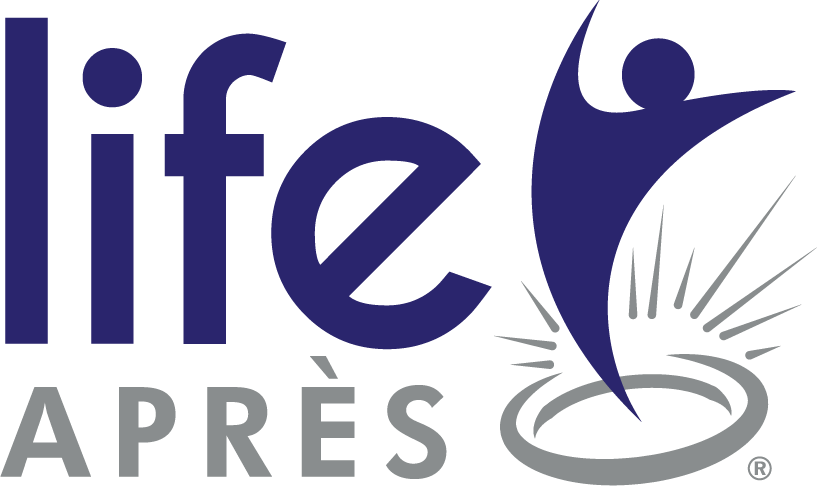It’s a story she shared last week with CNBC, and it centered on a line I’ve been repeating to myself ever since: “make yourself uncomfortable.” That’s her advice to women who want to succeed, and I can’t help but think she’s right in more ways than she knows.
Her career is one of saying yes to every single opportunity that came her way, jumping from position to position, usually ones nobody else wanted, in a way that, to the outside observer, might look erratic, including everything from heading up Best Buy’s famous Geek Squad tech services division to serving as CFO.
It’s not a traditional path up the corporate ladder by any means, but Barry’s appetite for discomfort did something important. It made her indispensable.
I admire the living hell out of that. That’s an attitude any company will value in any employee, a willingness to get down in the muck and do the necessary thing, and her ascent this past summer to the retailer’s highest office underlines that simple fact, something that should be a winning strategy for anyone.
But it’s one women are all too often discouraged and even penalized for employing..
Ambition is something rarely rewarded in women. We need only look back on how Hillary Clinton’s campaign was discussed, where, dubbed a “nasty woman,” her ambition was maligned while Trump’s was celebrated.
Or at Reese Witherspoon as Tracy Flick, one of the central characters of the classic 1999 movie Election, where the type-A, go-getter girl with plans for her life is portrayed as both personally dishonest and irredeemably corrupt.
Or even at Corie Barry herself, who advanced by short-circuiting the usual path to the top instead of waiting for high-profile spots or the “right” opportunities. We’re punished for demonstrating that we even want to succeed.
The way words like “bitchy” and “bossy” and “abrasive” and “difficult” are marshalled against powerful women has been examined from every angle, including by myself, so I don’t want to retread that territory.
Instead of reminding you just how much behaviors rewarded in men count as marks against women, I want to raise a much larger point: that for women, stepping up requires being ambitious and succeeding in spite of the flack we’ll inevitably get for doing so.
This isn’t a defense of that sort of behavior, but it’s a fact of life; haters, as the kids say, gonna hate. And while we’re undoubtedly going to make people dislike us by being ambitious, take-charge, and yeah, even bossy, the consequences of not doing so, of never taking our shot, are far worse..
See, I look at a career like Barry’s, and what I see is someone who figured it out: that you take every chance that comes your way, regardless of how it makes you look.
She ping-ponged from role to role, often in wildly divergent operational areas, learning a lot along the way, and far from looking unfocused, she showed everyone that not only was she reliable, not only was she competent, but that she could simply not be replaced or imitated.
Over the course of twenty years at Best Buy, she was able to develop a perspective and mastery over the company’s operations to a degree that a more traditional promotion path would never offer.
That’s what it took–an extraordinarily nontraditional career path–to make it to the top, but it was only possible because she was unafraid to step outside of her comfort zone, be the boss, and make her value unquestionable. That, to me, is the secret meaning of “make yourself uncomfortable.”
I’ve read that men are socialized to see what they can get, and women are socialized to see how they can help. An oversimplification, to be sure, as such things always are, but I see the outlines of a lot of real-life problems in that inequation.
The orientation toward serving over asserting can hardcode a deep need to be the peacemaker, to ensure everyone is getting along, to be liked (in fairness, there are real repercussions for “unlikable” women).
That’s an impulse that can make us very reluctant to step up and take what we deserve, or even what’s offered; heck, we won’t even apply for jobs unless we’re dead certain we’re 100% qualified (not because we’re not confident in ourselves, but more because we’re socialized to stay in bounds).
Make no mistake, there’s good reason for our fear of discomfort. But that’s something we can’t let control or restrain us; there are lots and lots of reasons there are only eight women among the CEOs of Fortune 100 companies, but this is certainly one of them.
We’ve fought too hard for too long to let that stop us now.
